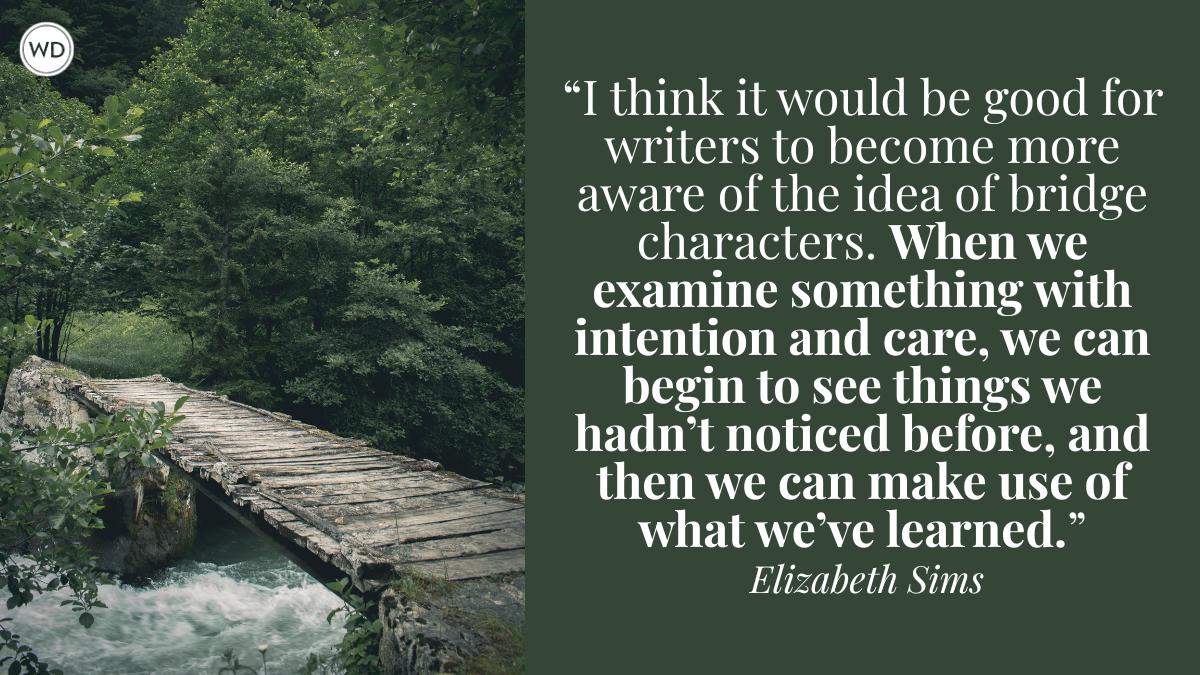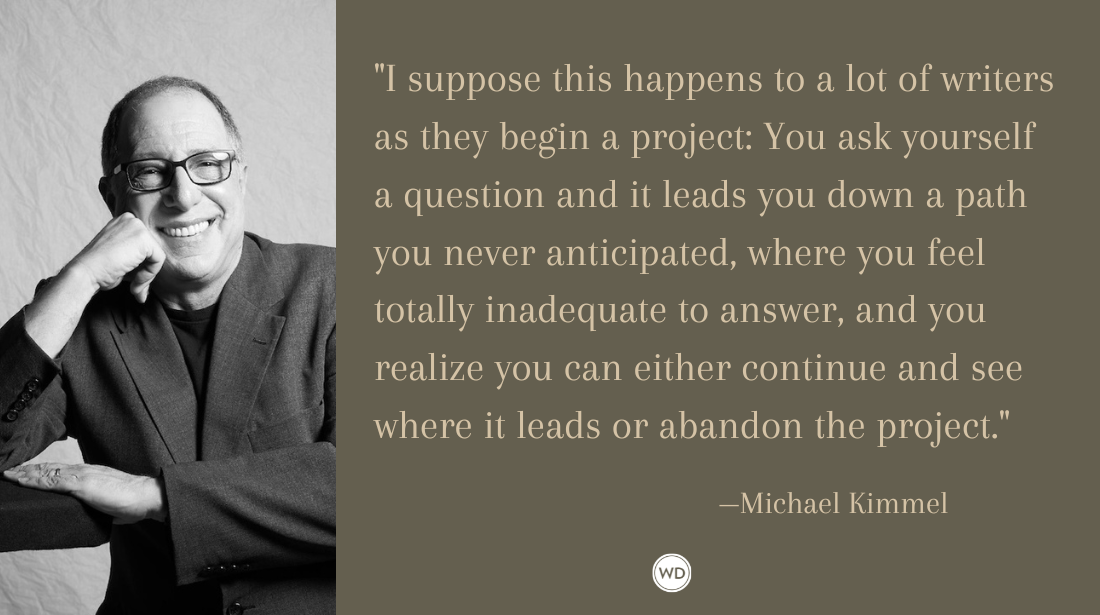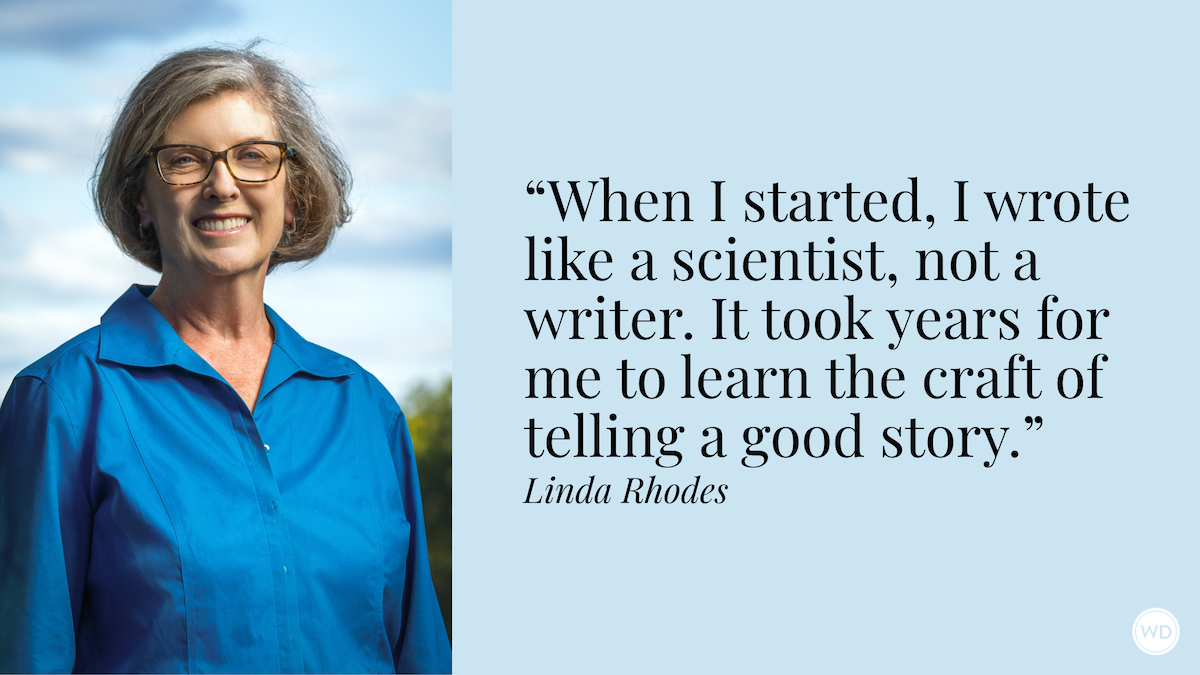Sarah Weinman: On Writing and Consuming True Crime
Author Sarah Weinman discusses the nature of true crime, including the balance between writing entertainment and respecting people who have suffered harm.
Sarah Weinman is the author of Scoundrel and The Real Lolita and the editor, most recently, of Unspeakable Acts: True Tales of Crime, Murder, Deceit & Obsession. She was a 2020 National Magazine Award finalist for reporting and a Calderwood Journalism Fellow at MacDowell, and her work has appeared in New York magazine, the Wall Street Journal, Vanity Fair, and the Washington Post.
Weinman writes the crime column for the New York Times Book Review and lives in New York City and Northampton, MA. Follow her on Twitter and Instagram.
In this post, Sarah discusses the nature of true crime, including the balance between writing entertainment and respecting people who have suffered harm.
Name: Sarah Weinman
Literary agent: David Patterson & Aemilia Phillips, Stuart Krichevsky Literary Agency
Book title: Evidence of Things Seen: True Crime in an Era of Reckoning
Publisher: Ecco
Release date: July 4, 2023
Genre/category: True Crime
Previous titles: Scoundrel; Unspeakable Acts: True Tales of Crime, Murder, Deceit & Obsession; The Real Lolita
Elevator pitch for the book: An anthology of contemporary true crime writing addressing systemic inequities and contending with the ethical and moral quandaries of the genre.
What prompted you to write this book?
Evidence of Things Seen builds upon the argument made by my earlier anthology, Unspeakable Acts, that "true crime" as a genre is far more elastic and expansive than previously thought, and that the current popularity of a perennial category is also rooted in self-awareness of the pitfalls, of distrust of customary authority (namely: law enforcement), and of wanting to become active participants in crime-solving.
The pieces collected in the anthology range widely but address what it was like to report and write true crime at a continuing time of systemic upheaval thanks to political polarization, economic instability, the pandemic, protests against police abuses, and calls for widespread change.
How long did it take to go from idea to publication? And did the idea change during the process?
Unspeakable Acts came out in July 2020, and I knew there would have to be a follow-up addressing the moment that anthology was published in. What changed was that I thought the pandemic would, if not "end," at least be mostly in the rear-view mirror by the time Evidence of Things Seen was published. Of course, that wasn't the case.
And the 2020 summertime protests gave way to profound backlash, as did the repeal of Roe vs. Wade. With so much going on, it was important to call attention to these events while also making sure the collected pieces would stand the test of time. I trust that is the case.
Were there any surprises or learning moments in the publishing process for this title?
This is the fourth anthology I've edited so I have that process pretty well down; the HarperCollins union going on strike in November 2022 was certainly not something I could have predicted when the anthology was going into production.
What do you hope readers will get out of your book?
I hope readers will think more clearly and comprehensively about what it means to consume true crime, which voices are given primary attention and which ones are not, and that there is a moral obligation to those who have suffered harm, which can be lost while creating entertainment.
If you could share one piece of advice with other writers, what would it be?
It's perfectly all right not to write every day, let alone a set word count. I tend to write in streaks, because my nonfiction books tend to be research-intensive and requires a great deal of attention. Thinking and ruminating time is critical. Then it's time to write...









